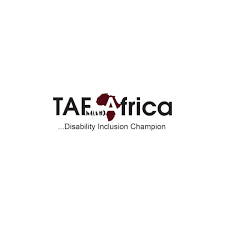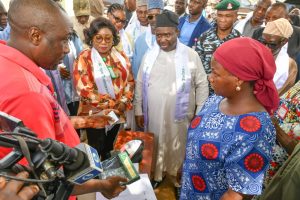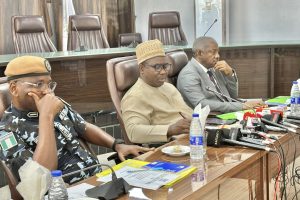A disability rights organisation has commended the deployment of Sign Language Interpreters (SLIs) in Nigeria’s Anambra State governorship election, calling it a historic precedent, but warned that persistent structural gaps severely undermined the independent participation of voters with disabilities (PWDs).
TAF Africa, which observed the November 8, 2025, poll with funding from the European Union, reported that despite a largely peaceful environment, many voters with visual impairment and albinism were unable to cast their ballot independently due to a lack of promised assistive tools.
Breakthrough in Communication Access
As part of its efforts to bridge communication barriers, TAF Africa deployed 25 trained Sign Language Interpreters to polling units with high numbers of deaf voters. The group noted that this pilot deployment enabled many deaf voters to communicate effectively with electoral officials and exercise their franchise independently.
“This pilot deployment demonstrated the practical value and impact of having professional interpreters at polling stations,” the group stated, urging the Independent National Electoral Commission (INEC) to institutionalise such measures in all future elections.
Key Accessibility Failures
While the election atmosphere was peaceful, the overall provision of assistive devices was reported as significantly low at 32% of observed polling units, despite 89.4% being physically accessible.
Key failures included:
- No Braille Guides: Blind voters were unable to vote independently due to the reported absence of braille ballot guides.
- Missing Magnifying Glasses: Voters with albinism struggled at locations where they were expected to receive magnifying glasses, as these tools were often unavailable.
- Voter Manipulation Concerns: Observers reported cases of deaf and visually impaired voters being taken aside by individuals believed to be party agents, raising serious concerns about voter manipulation and the compromise of the secrecy of the ballot.
Call to Address Vote Buying
TAF Africa also recorded instances of vote trading in multiple local government areas, with party agents reportedly offering cash in exchange for votes, including to PWDs.
The organisation stressed that vote buying disproportionately affects voters with disabilities, who often face high socioeconomic vulnerabilities and are targeted by parties seeking to exploit their circumstances.
In their recommendation, the group urged INEC to improve the deployment of assistive devices, institutionalise compulsory training on disability inclusion for all temporary staff, and strengthen internal compliance mechanisms to ensure PWD voters can participate on an equal and independent basis.





Add Comment